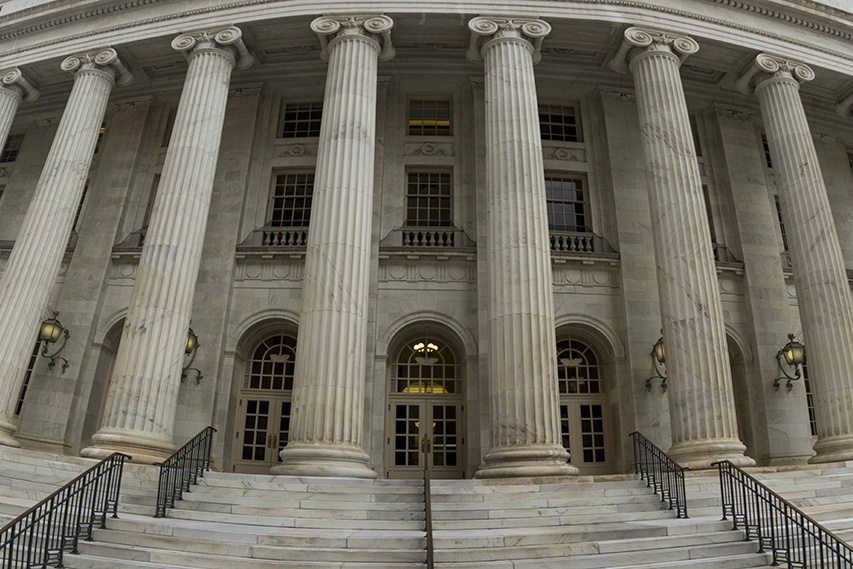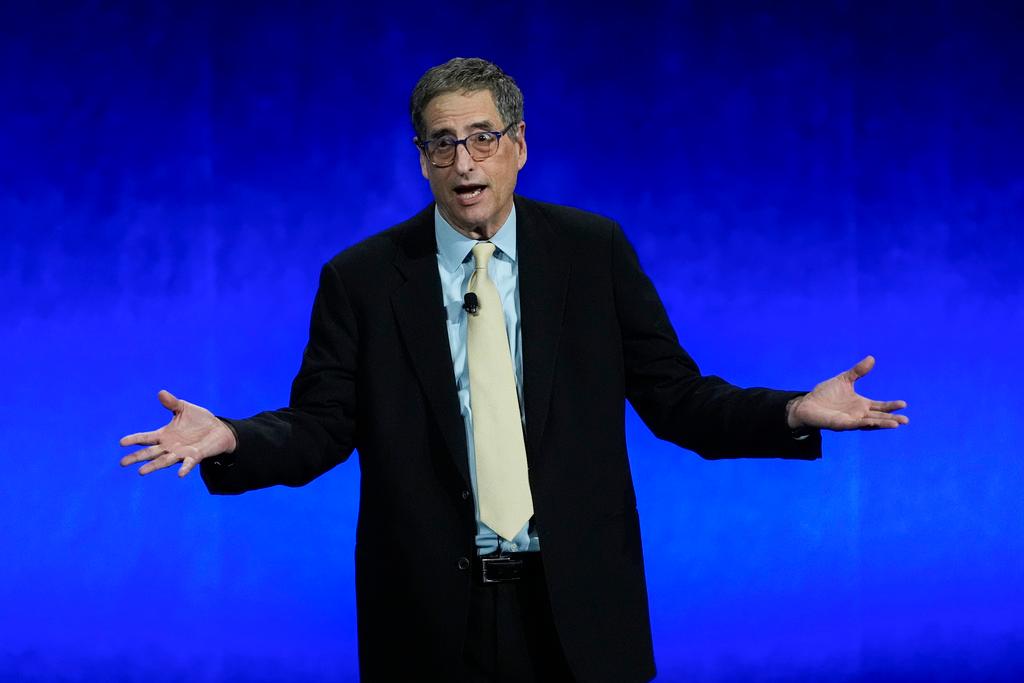The Trump administration has reached an agreement in principle on a new trade deal with South Korea.
The pact permanently exempts South Korea from a new 25 percent tariff that President Trump has ordered on imported steel. In exchange, South Korea will reduce its steel exports to the U.S. by about 30 percent from the level of recent years. South Korea has been the third-largest supplier of foreign steel to the U.S., behind Canada and Brazil.
The deal also seeks to reduce the U.S. trade deficit with South Korea, which was about $10 billion last year. It does this partly by lifting trade barriers in South Korea, but also by imposing new trade barriers here at home.
In addition to the cap on steel imports from South Korea, the agreement extends for 20 years a tariff on imported pickup trucks. That 25 percent levy, which was set to expire in 2021, effectively has locked South Korean trucks out of the U.S. market.
The deal aims to make it easier for American automakers to sell cars in South Korea by lifting what the administration calls "burdensome regulations." It also allows each U.S. car company to sell 50,000 cars per year in South Korea without having to undergo additional safety or environmental testing. That's double the current cap of 25,000 cars, although actual sales are well below that.
"The Korean market is very much dominated by Hyundai and Kia," said Alan Baum, a Michigan-based auto market analyst. "The American companies ... really haven't targeted the Korean market as an opportunity."
The new and extended trade barriers imposed by the administration mark a departure from past trade agreements.
"The traditional way that U.S. officials have tried to level the playing field is to reduce foreign barriers," said Jeff Schott, a senior fellow at the pro-trade Peterson Institute for International Economics.
Trump's team went the other way: Rather than trying to pry open the Korean market to American rice, for example, they chose to erect a higher, more long-lasting wall of protection around the domestic truck industry.
"The U.S. market is basically open," Schott said. "Other countries have higher tariffs, and [administration officials] think that's unfair, so they've threatened to find ways of raising barriers to the U.S. market to level the playing field."
Administration officials say they will seek similar quotas limiting metal imports from other countries in exchange for relief from the 25 percent steel tariff or a 10 percent tariff on aluminum imports. South Korea still will be subject to the aluminum tariff.
The U.S. Treasury Department is also negotiating a separate agreement with South Korea's finance ministry to avoid currency manipulation.
9(MDEyMDcxNjYwMDEzNzc2MTQzNDNiY2I3ZA004))








